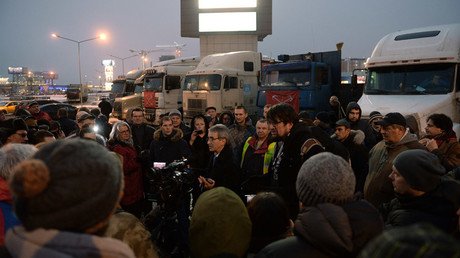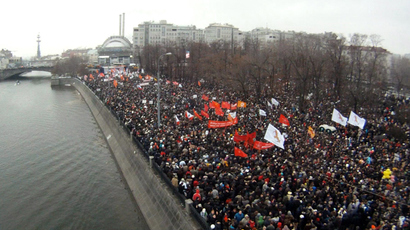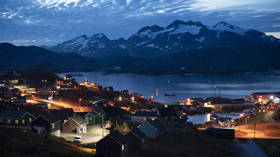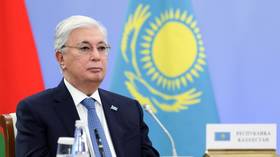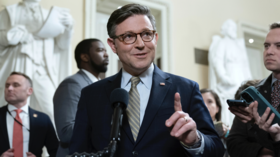Opposition parties challenge restrictions on voter meetings
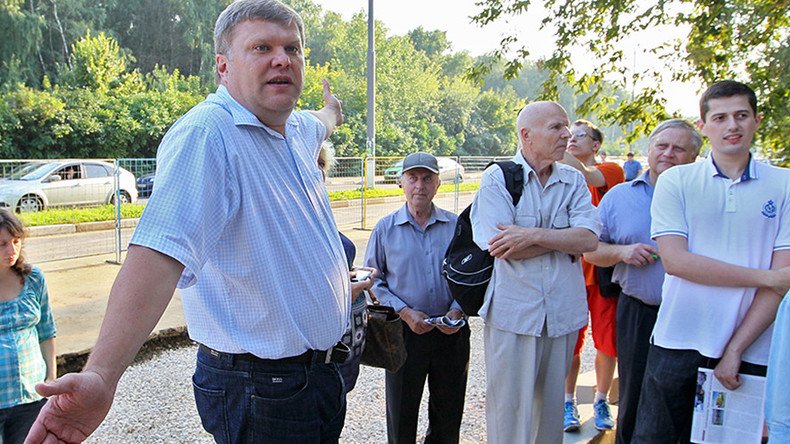
MPs from three opposition caucuses in the Russian lower house have launched a joint appeal seeking to change new laws that restrict meetings between parliamentarians and voters to designated places or require sanction from the municipal authorities.
More than 100 Russian MPs from the 450-seat State Duma signed the appeal, which reads that while the Federal Law on State Duma deputies directly obliges lawmakers to regularly hold meetings with voters, the amendments to the Law on Rallies, which came into force in June this year, obstruct this process.
The backers of the complaint also noted that the current situation is in conflict with the division of power principle, as it leads to federal lawmakers becoming dependent on municipal authorities.
The document will now be forwarded to the Supreme Court.
The opposition MPs also noted in their complaint that the Russian constitution allows meetings with voters to be spontaneous, as opposed to a pre-planned or organized public rally.
“Any lawmaker can face a situation when voters tell him of some vitally important situation that needs an immediate reaction. In these cases the deputy’s travel to a certain location can cause a gathering of people,” they wrote.
In addition, the lawmakers pointed at the general difficulties caused by the existing instructions on coordinating an event with municipal authorities.
“Loose formulas used in the law on rallies can potentially allow municipal authorities to silence any public criticism of their actions. The practical application of the law in administrative work and in courts is interpreting coordination only as issuing permission to hold an event, and in many cases the administrative authorities hold that they have the right to question not only the place and time of the events, but also their forms, objectives and necessity,” they wrote.
The existing Russian law on rallies was introduced in June 2012 – a short time after a large-scale protest rally in Moscow erupted in riots and clashes with police, leading to arrests and criminal prosecutions. It greatly increased the fines for violating the strict rally rules and also toughened the rules on licensing public events.
The steps were met with harsh criticism from human rights activists – both from NGOs and official bodies – and the authorities subsequently introduced several corrections to the law.
In 2013, the government proposed amendments to the law after the Constitutional Court found flaws in some articles of the act. The amended bill gave some latitude to organizers of street rallies, at the same time attaching additional responsibilities to the police. For example, law enforcement officers were obliged to prove that the organizers were breaching their duty of care before apportioning responsibility over any harm sustained by participants of street events.
The bill was amended again this year, with new restrictions concerning meetings between lawmakers and voters. This time the amendments caused protests from both parliamentary chambers – several senators claimed that they would damage democracy and increase red tape, while opposition caucuses in the State Duma promised that after the motion comes into force, they would contest it in the Supreme Court.
